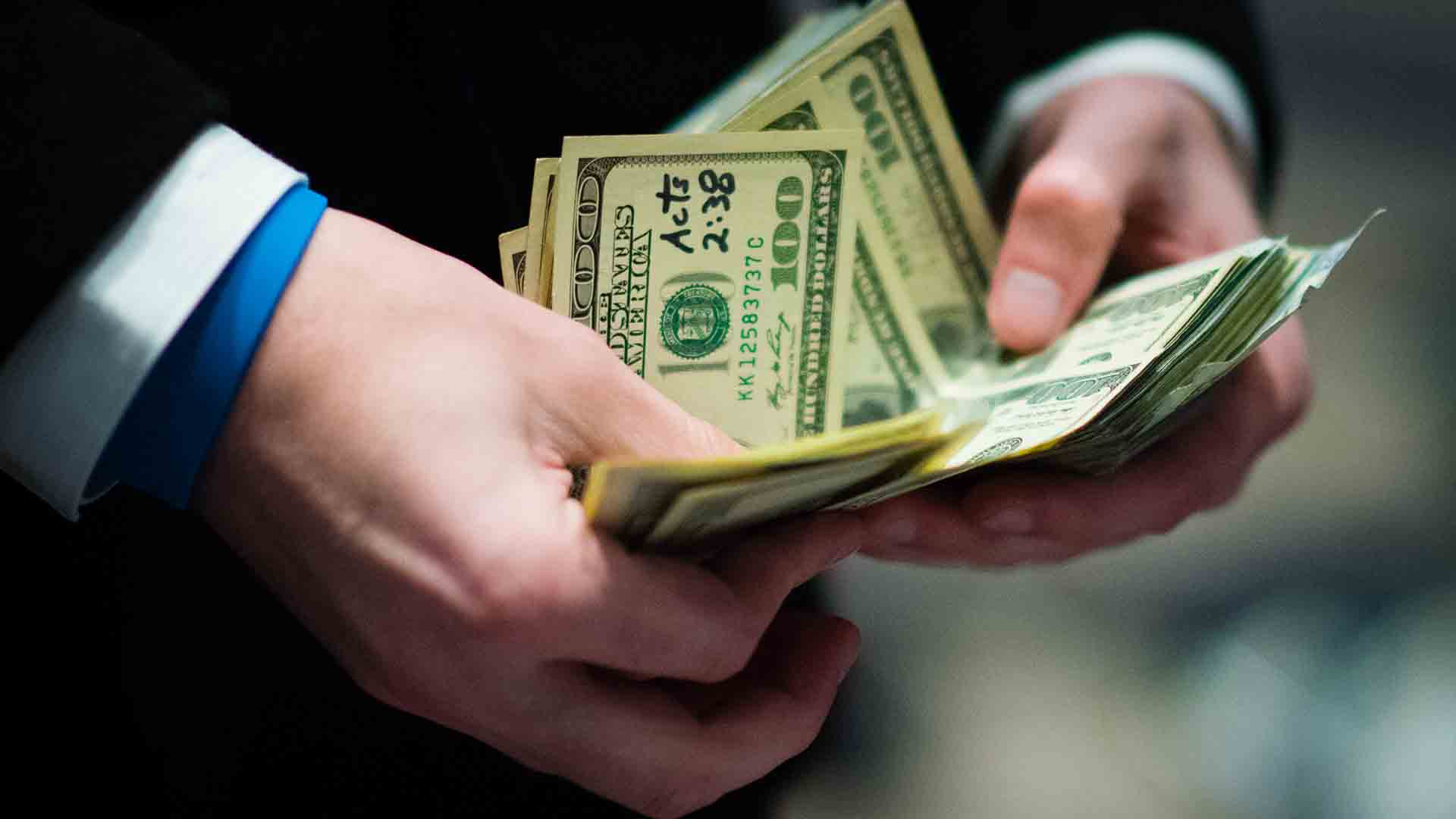A well-dressed man arrives in a Rolls Royce in front of a huge building whose doors are bordered by mercenary-looking guards. The chauffeur opens the door of the car, the good-looking guy gets out and walks inside only to be welcomed coldly by a shady banker with a thin mustache and a dark suit. The guy is then ushered into a secretive vault-like facility.
Welcome to the Hollywood depiction of a Swiss bank!
Often glorified in Hollywood, a “Swiss bank account” is an established movie trope – all due to the banking secrecy laws for which Switzerland was quite famous. However, in 2018, following global pressure, all Swiss banks had to share bank account information with tax authorities, eventually bringing down their famed secrecy walls.
Unaware of this, some of us still associate Swiss banks with dirty money, dirty secrets, mysteries, illicit dealings and gold. Today, I’m about to break those myths.
Myth 1: Swiss Banks Serve Only the Filthy Rich
 Here’s a story: A man with a big bag walks into a Swiss bank. He goes up to a teller and proudly whispers: “I have half a million francs and I’m ready to open a Swiss bank account.”
Here’s a story: A man with a big bag walks into a Swiss bank. He goes up to a teller and proudly whispers: “I have half a million francs and I’m ready to open a Swiss bank account.”
The teller replies: “Banks for the poor are found on the next street.”
While this is a joke, it depicts the myth we believe in.
You don’t have to be the owner of Amazon, a famous movie star or the heir of a successful family-owned business conglomerate to own a Swiss bank account. A Swiss bank’s customers can also consist of common people like you and me.
However, you can only open a Swiss bank account with a minimum deposit of 5, 000 Swiss francs.
Myth 2: You Can Hide Behind an Anonymous Bank Account
 There was a time when this was 100 % true because the official identity of an account holder was not the beneficiary’s name, but rather an anonymous set of numbers. This norm was introduced as a preventive and protective measure in 1934 when Jewish customers and political leaders entrusted their valuable assets to Swiss banks.
There was a time when this was 100 % true because the official identity of an account holder was not the beneficiary’s name, but rather an anonymous set of numbers. This norm was introduced as a preventive and protective measure in 1934 when Jewish customers and political leaders entrusted their valuable assets to Swiss banks.
However, today, under the new rules of automatic information exchange, all bank account data for foreigners must be reported to the tax authorities of customers’ home countries. This regulation became effective in 2018.
Myth 3: Swiss Banks Are Financial Havens for Criminals
 In the 1960s-1970s, this was less a myth and more a reality. Back then, if you walked into a Swiss bank with a huge bag packed with banknotes, you would have been given a bank account and no questions like where did the money come from? or how did you earn it? would have been asked.
In the 1960s-1970s, this was less a myth and more a reality. Back then, if you walked into a Swiss bank with a huge bag packed with banknotes, you would have been given a bank account and no questions like where did the money come from? or how did you earn it? would have been asked.
I agree that today the case is different – thanks to international political pressure and the introduction of anti-money laundering regulations.
To avoid terrorism, tax evasion, political corruption and many more, Swiss banks have now started rejecting accounts with suspicious illegal roots. Moreover, bank regulations state that all depositors, without exceptions, must provide concrete evidence concerning the origin of the money they are placing into their accounts.
Myth 4: Swiss Bank Accounts Can Only Be Opened in Person
 Again, ditch the Hollywood imagination!
Again, ditch the Hollywood imagination!
Swiss banks are like any other typical banks and if you follow proper bank procedures, you can get access to your bank account through correspondence.
Myth 5: Gold Bullion Is Stores in the Cellars of Swiss Banks

I cannot say if it’s true or not, but it is widely believed that the nazi (including the notorious Adolf Hitler) and some dictators from Africa hid all their gold and money in Switzerland.
So, are these cellars really lined up with gold?
Myth 6: Swiss Bankers Are Sleazy Characters
 Rigid, stiff, severe and secretive…these are how filmmakers imagine all Swiss bankers to be.
Rigid, stiff, severe and secretive…these are how filmmakers imagine all Swiss bankers to be.
But, how are they really?
Um, well, I never met one actually, so sorry can’t help you on that one.